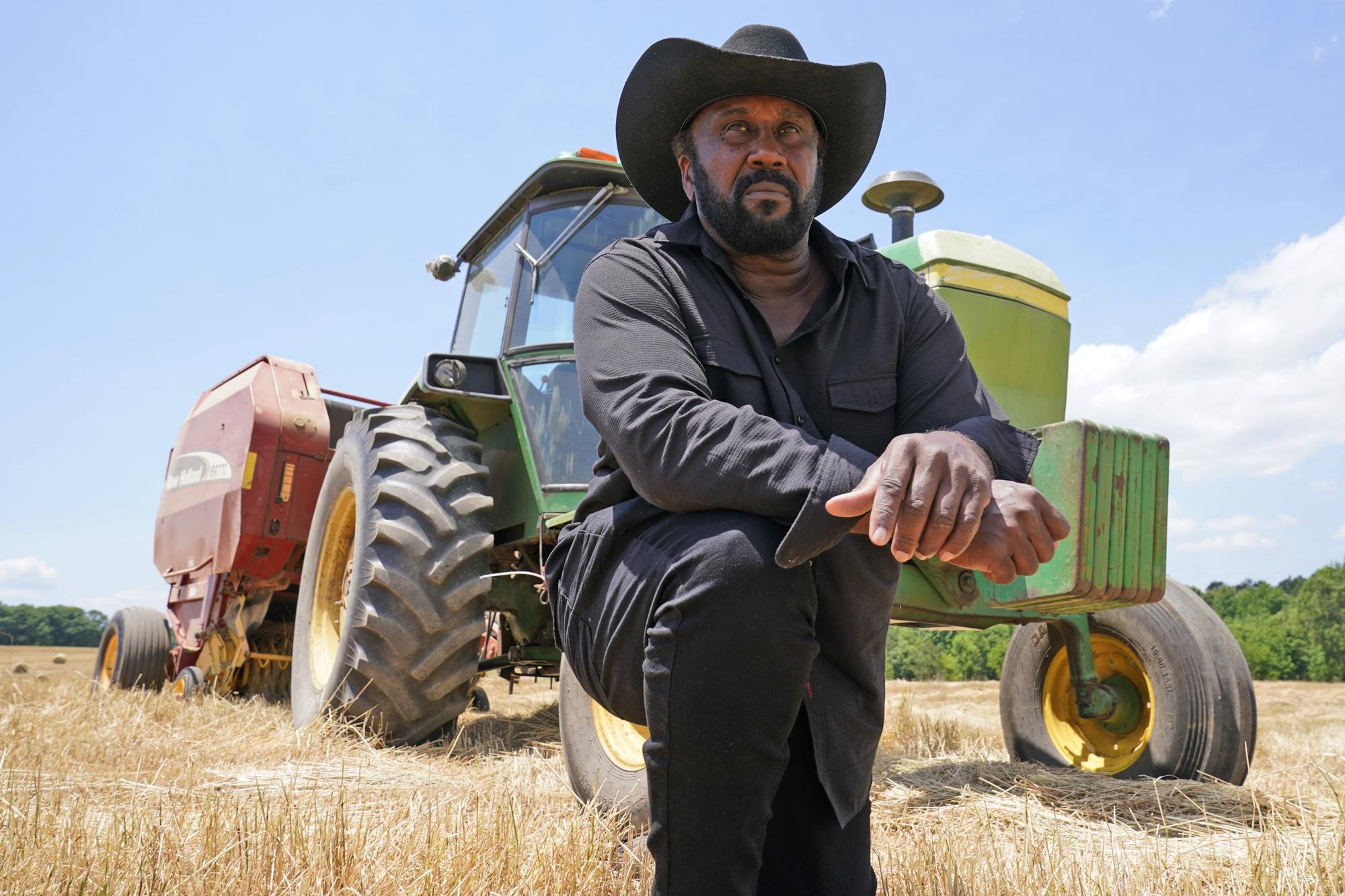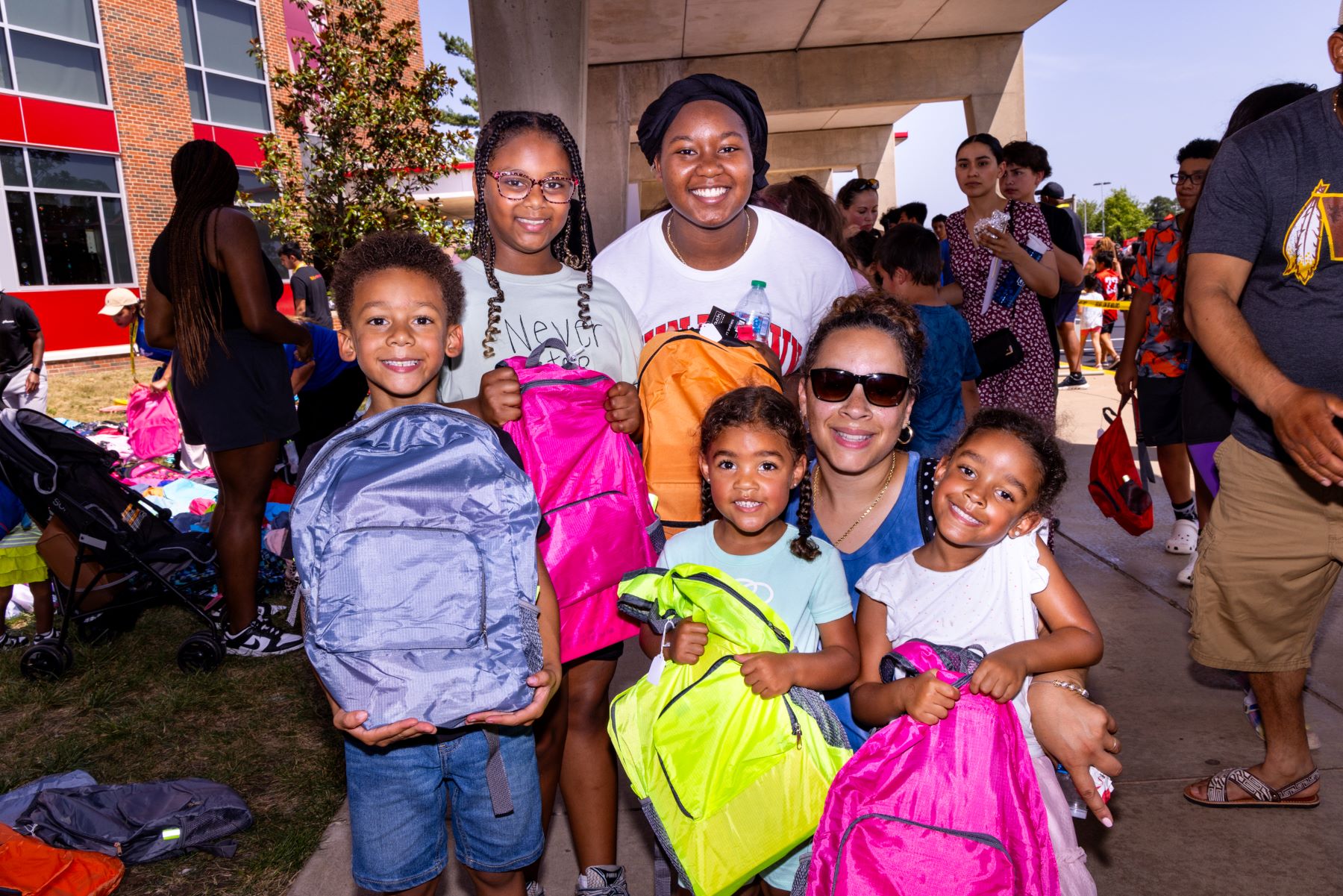Federal government pays $2 billion for farmer discrimination; Va. farmers net $28 million
by Jared Strong, Virginia Mercury
Tens of thousands of farmers or would-be farmers who say they suffered discrimination when they applied for assistance from the U.S. Department of Agriculture will get one-time payments that total about $2 billion from the federal government. The agency said 408 farmers in Virginia will receive a total of $28,451,840.
“While this financial assistance is not compensation for anyone’s losses or pain endured, it is an acknowledgement,” U.S. Agriculture Secretary Tom Vilsack said last week in a call with reporters.
The payments are the result of a program — the Discrimination Financial Assistance Program — created by the Inflation Reduction Act of 2022 that was meant to aid farmers, ranchers and forest landowners. President Joe Biden said it was the result of his promise “to address this inequity when I became president.”
The USDA received more than 58,000 applications from people who claimed discrimination based on race, color, national origin, sex, sexual orientation, gender identity, religion, age, marital status, disability and retaliation for “civil rights activity.”
Vilsack could not immediately say what type of discrimination was most often indicated by the applicants, but the bulk of the payments went to farmers in southern states with higher percentages of Black residents.
The National Black Farmers Association, based in Baskerville, Va., has been a leading advocate for Black farmers for decades and was at the forefront of previous efforts for federal recognition and redress of discrimination African American farmers long faced.
John Boyd, Jr., a fourth generation Black farmer in Mecklenburg County who founded the organization 40 years ago, called the USDA’s $2 billion payout “historic.”
Still, a July 31 release from the NBFA and Boyd said, challenges persist for Black farmers, including “banks denying them access to operating funds and farm ownership loans, as well as recent allegations of racial discrimination by companies like John Deere.”
Payments were awarded to people in every state and three of its territories, but residents of Alabama and Mississippi alone received almost half of the money.
More than 43,000 people will be paid, Vilsack said. The payments range from $3,500 to $500,000, depending on the circumstances and effects of the discrimination.
The department could not immediately supply a summary of those claims, but Vilsack said the discrimination resulted in loan denials, loan delays, higher interest rates and an overall lack of assistance.
“We’ve made significant strides in breaking down barriers to access, and my hope is that people will begin to think differently about USDA, so that we can better serve all who want to participate in agriculture in the future,” Vilsack said.
Specifically, Vilsack said the department’s Farm Service Agency, which administers farm loans, now has a more diverse leadership and loan assessment processes that rely less on human discretion.
(Virginia Mercury is part of States Newsroom, a nonprofit news network supported by grants and a coalition of donors as a 501c(3) public charity. Virginia Mercury maintains editorial independence. Contact Editor Samantha Willis for questions: info@virginiamercury.com. Follow Virginia Mercury on Facebook and X.)



